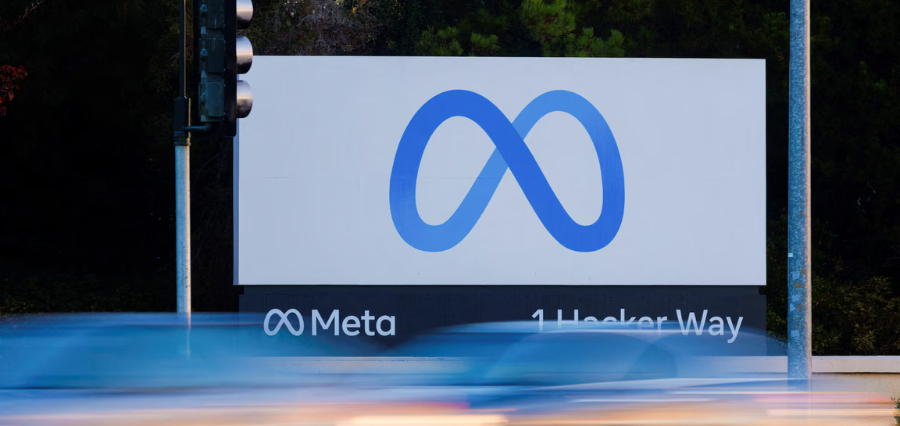
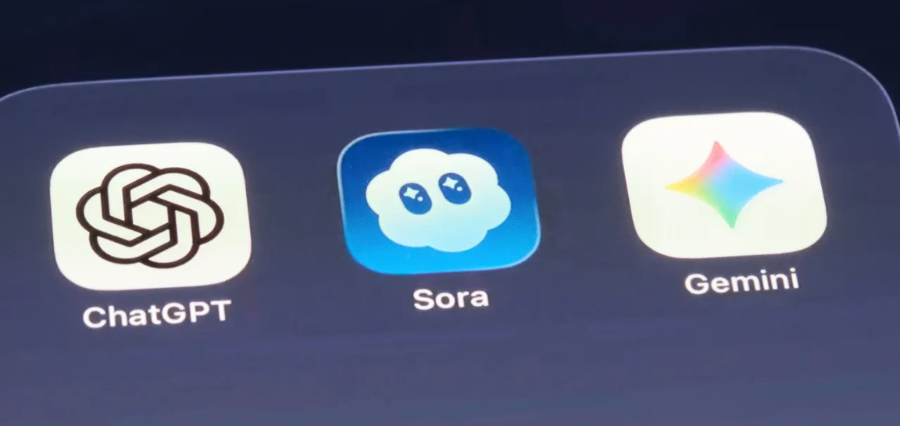
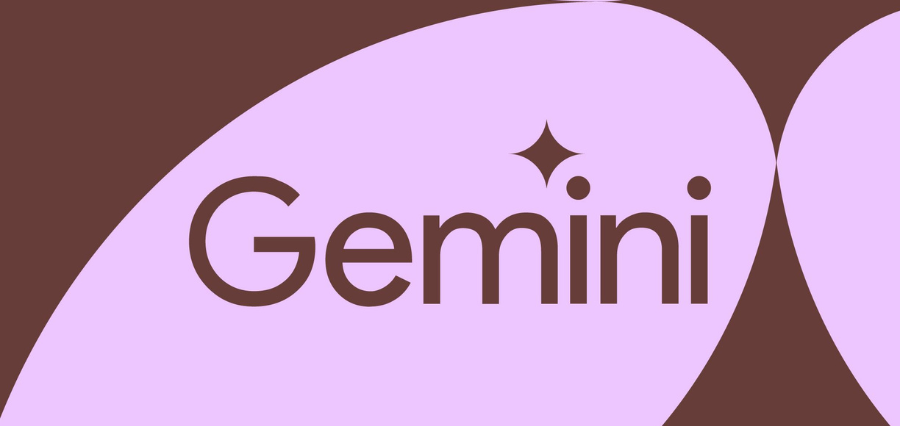
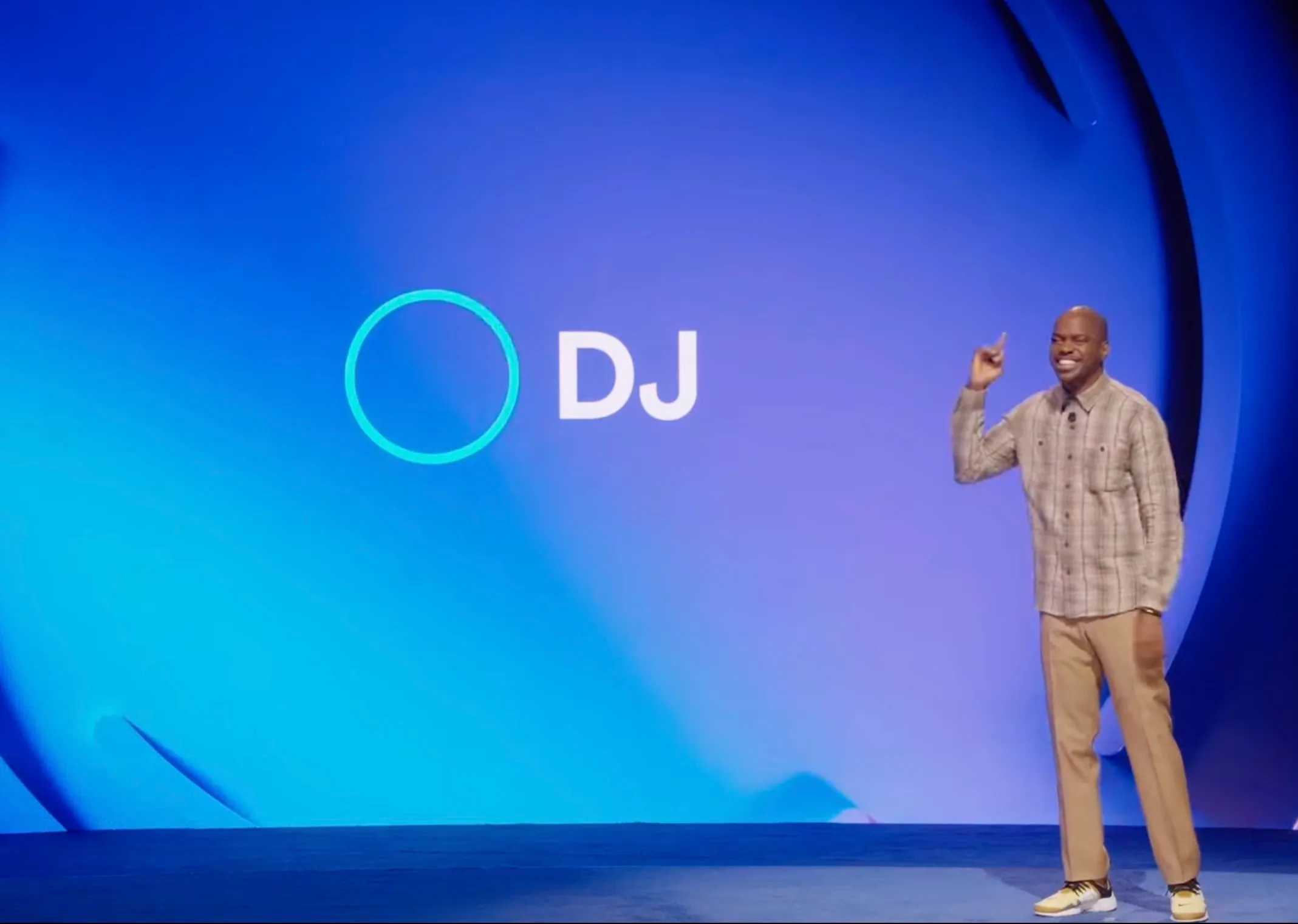

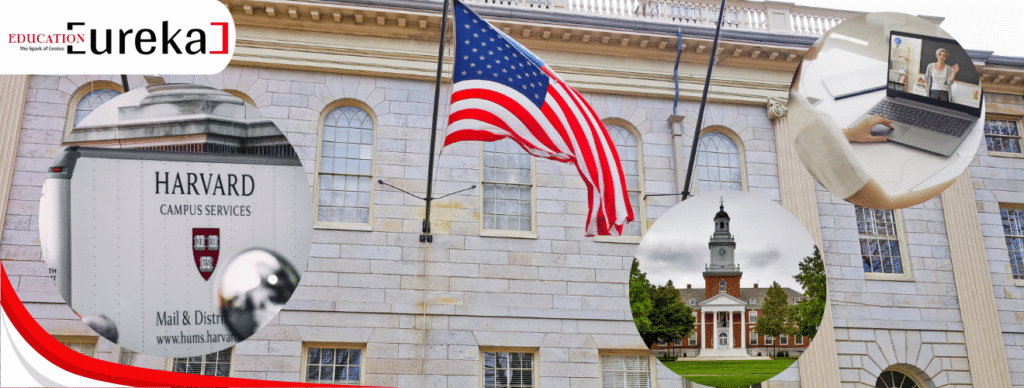
In response to the ongoing challenges faced by international students due to U.S. visa restrictions, Harvard Kennedy School (HKS) has announced two alternative options: remote learning through the HKS Global program and the opportunity to attend in person at the University of Toronto’s Munk School of Global Affairs & Public Policy.
In a letter released Tuesday, HKS Dean Jeremy Weinstein stated,
“We are announcing these contingency plans now to alleviate the uncertainty many students feel… but we will not officially launch these programs unless there is sufficient demand from students unable to come to the United States due to visa or entry restrictions.”
More than 52% of Harvard Kennedy School’s students are international, representing over 100 countries. These backup plans are designed to ensure academic continuity if fall campus attendance in Cambridge, Massachusetts, is not possible.
“We hope to see you on campus in the fall, but if that is not possible, we will bring HKS to you,” Weinstein assured.
1. Online Learning via HKS Global Program
Available to both new and returning students.
Offers “best-in-class online instruction” led by Harvard faculty.
Includes up to three in-person convenings held globally, offering credit-bearing sessions and co-curricular activities.
2. Study in Canada at the University of Toronto
Open to returning students only.
Delivered through a partnership with the Munk School of Global Affairs & Public Policy.
Features a blend of online and in-person instruction from both Harvard and Toronto faculty.
“These are exceptional times,” said Janice Stein, founding director of the Munk School. “We look forward to providing shared academic and co-curricular experiences for students from both our schools.”
The backup options come in the wake of legal battles involving Harvard University and the Trump administration. Earlier this year, a federal judge ruled in Harvard’s favor, granting two preliminary injunctions that:
Allowed the university to host international students.
Blocked the Trump administration’s attempt to bar them from entering the U.S.
These injunctions replaced temporary restraining orders issued in May and June and will remain in place while the court considers the legality of the case.
The Trump administration had previously:
Attempted to revoke Harvard’s key student certification through the Department of Homeland Security.
Issued a proclamation barring international students from entering the country.
Threatened to freeze visa processing and directed scrutiny toward Ivy League institutions.
Additionally, visa processing delays and detainments at Boston Logan Airport have been reported. Harvard’s Director of Immigration Services, Maureen Martin, confirmed in court filings that some international students were wrongly detained or denied entry.
In May, the U.S. Department of Health and Human Services cut $60 million in grants, stating:
“Federal funds must support institutions that protect all students. In the Trump Administration, discrimination will not be tolerated on campus.”
While 27% of Harvard’s total student body is international, new guidance from the State Department suggests that visa processing may now prioritize schools with less than 15% international enrollment—putting elite institutions like Harvard at a disadvantage.
Despite the legal uncertainties and administrative hurdles, Harvard is working to provide alternative pathways for students to continue their education uninterrupted.
Discover more insightful articles on education trends, exclusive interviews, in-depth magazines, and the latest educational news—explore now on the Education Eureka website.
Welcome to the future of digital storytelling, where creativity meets innovation. We’re not just a magazine platform; we’re a team of passionate visionaries committed to transforming how stories are shared, celebrated, and experienced in the digital age. Join us as we inspire, inform, and redefine the world of digital magazines.
© Copyright 2025 | educationeureka | All Rights Reserved.